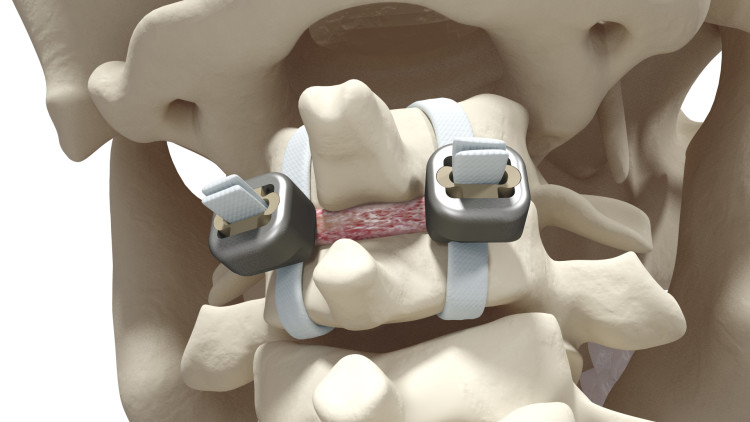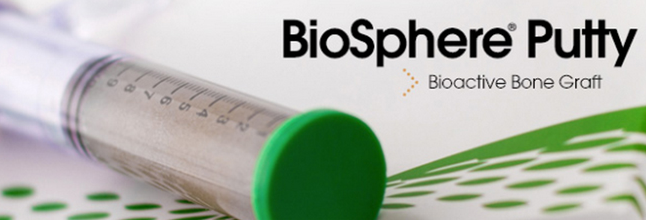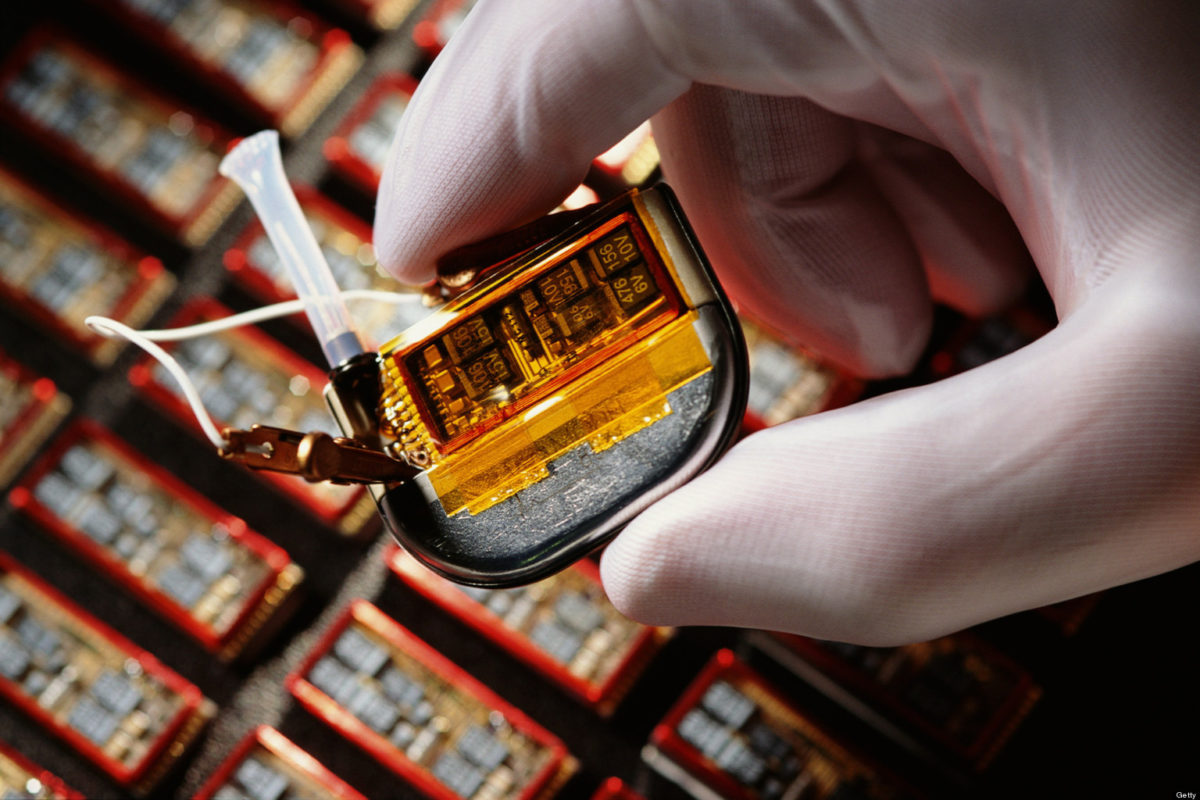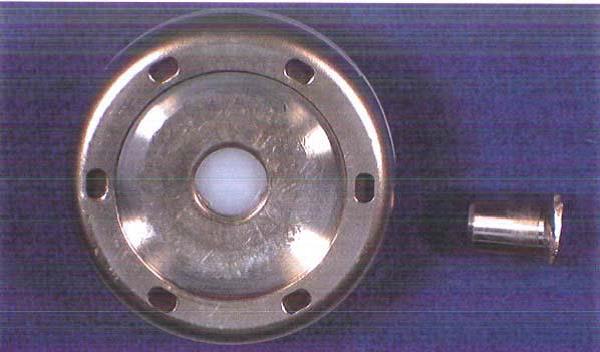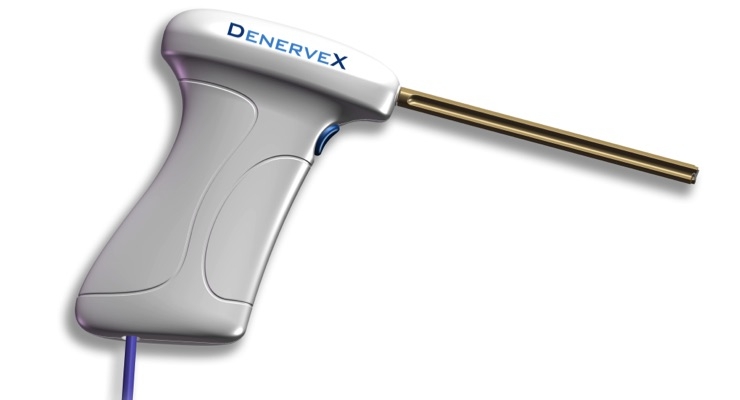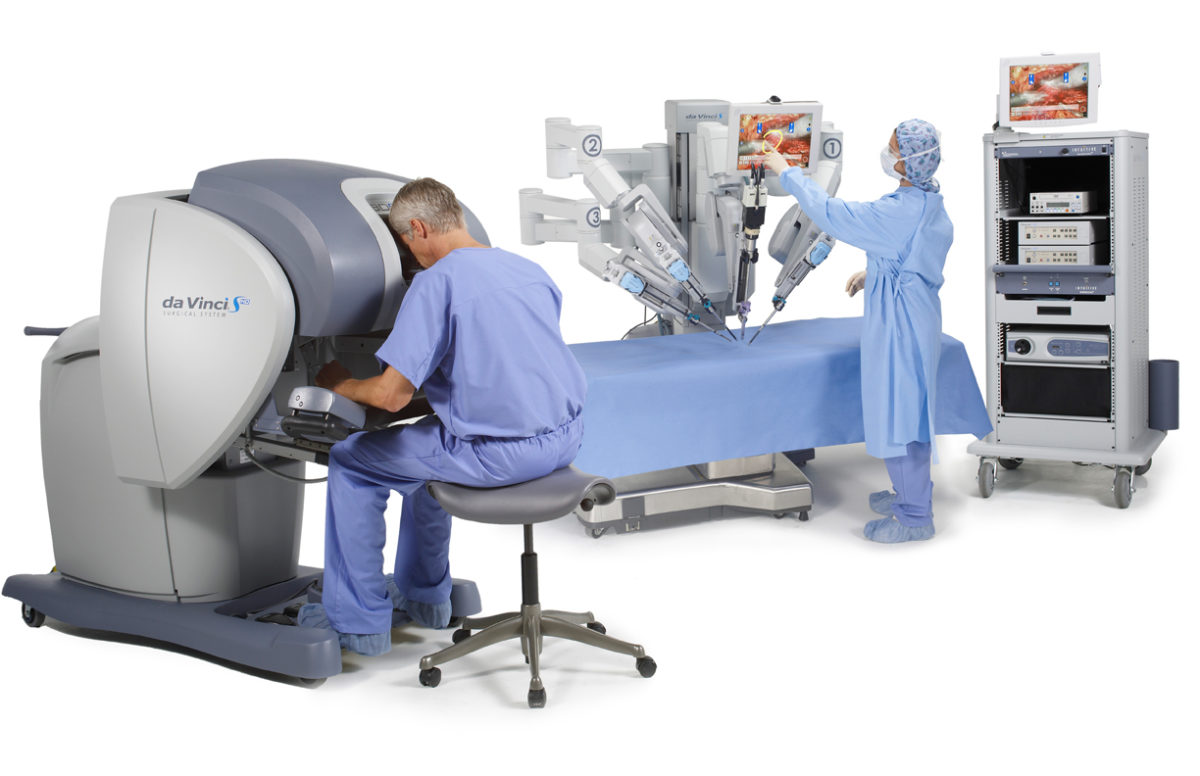MARIETTA, Ga., March 1, 2017 /PRNewswire/ — MiMedx Group, Inc. (NASDAQ: MDXG), the leading regenerative medicine company utilizing human placental tissue allografts and patent-protected processes to develop and market advanced products and therapies for the Wound Care, Surgical, Orthopedic, Spine, Sports Medicine, Ophthalmic, and Dental sectors of healthcare, announced today that the Audit Committee of its Board of Directors has completed its investigation and found no merit regarding allegations of wrongdoing that were made by two former employees against the Company.
As previously disclosed, the Company terminated two employees in December 2016 when it was discovered that the employees were selling products for other companies, some of which were competitive with the Company’s products, in violation of their contractual and common law duties to MiMedx. Following their terminations, MiMedx filed suit against these employees, and the employees in turn filed a wrongful termination suit against MiMedx asserting various allegations. Subsequently, the former employees dismissed their lawsuit and then brought wrongful terminations claims in different venues where the Company has filed suits against them.
The Audit Committee worked closely with independent counsel to conduct an extensive investigation into the claims alleged by these former employees. The Audit Committee has completed its investigation and confirmed there is no credible evidence of any wrongdoing on behalf of members of MiMedx management. The lawsuits with these former employees are ongoing and management continues to believe that the employees’ legal claims and accompanying allegations are without merit.
The Audit Committee’s findings have been submitted to and approved by the Company’s Board of Directors. The Audit Committee’s investigation determined that the Company has appropriately recognized revenue and found no credible evidence to indicate that any changes to the Company’s previously issued financial statements are necessary in light of the former employees’ allegations.
About MiMedx
MiMedx® is an integrated developer, processor and marketer of patent protected and proprietary regenerative biomaterial products and bioimplants processed from human amniotic membrane and other human birth tissues, such as amniotic fluid, umbilical cord and placental collagen, and human skin and bone. “Innovations in Regenerative Biomaterials” is the framework behind our mission to give physicians products and tissues to help the body heal itself. We process the human amniotic membrane utilizing our proprietary PURION® Process, to produce a safe and effective implant. MiMedx proprietary processing methodology employs aseptic processing techniques in addition to terminal sterilization. MiMedx is the leading supplier of amniotic tissue, having supplied over 700,000 allografts to date for application in the Wound Care, Burn, Surgical, Orthopedic, Spine, Sports Medicine, Ophthalmic and Dental sectors of healthcare.
Safe Harbor Statement
This press release includes statements that look forward in time or that express management’s beliefs, expectations or hopes. Such statements are forward-looking statements within the meaning of the Private Securities Litigation Reform Act of 1995. These statements include, but are not limited to, the Company’s beliefs regarding the validity of the employees’ claims. These statements are based on current information and belief, and are not guarantees of future performance. Among the risks and uncertainties that could cause actual results to differ materially from those indicated by such forward-looking statements include the normal risks of litigation, and the risk factors detailed from time to time in the Company’s periodic Securities and Exchange Commission filings, including, without limitation, its 10-K filing for the fiscal year ended December 31, 2016, and its most recent Form 10Q filing. By making these forward-looking statements, the Company does not undertake to update them in any manner except as may be required by the Company’s disclosure obligations in filings it makes with the Securities and Exchange Commission under the federal securities laws.
SOURCE MiMedx Group, Inc.

